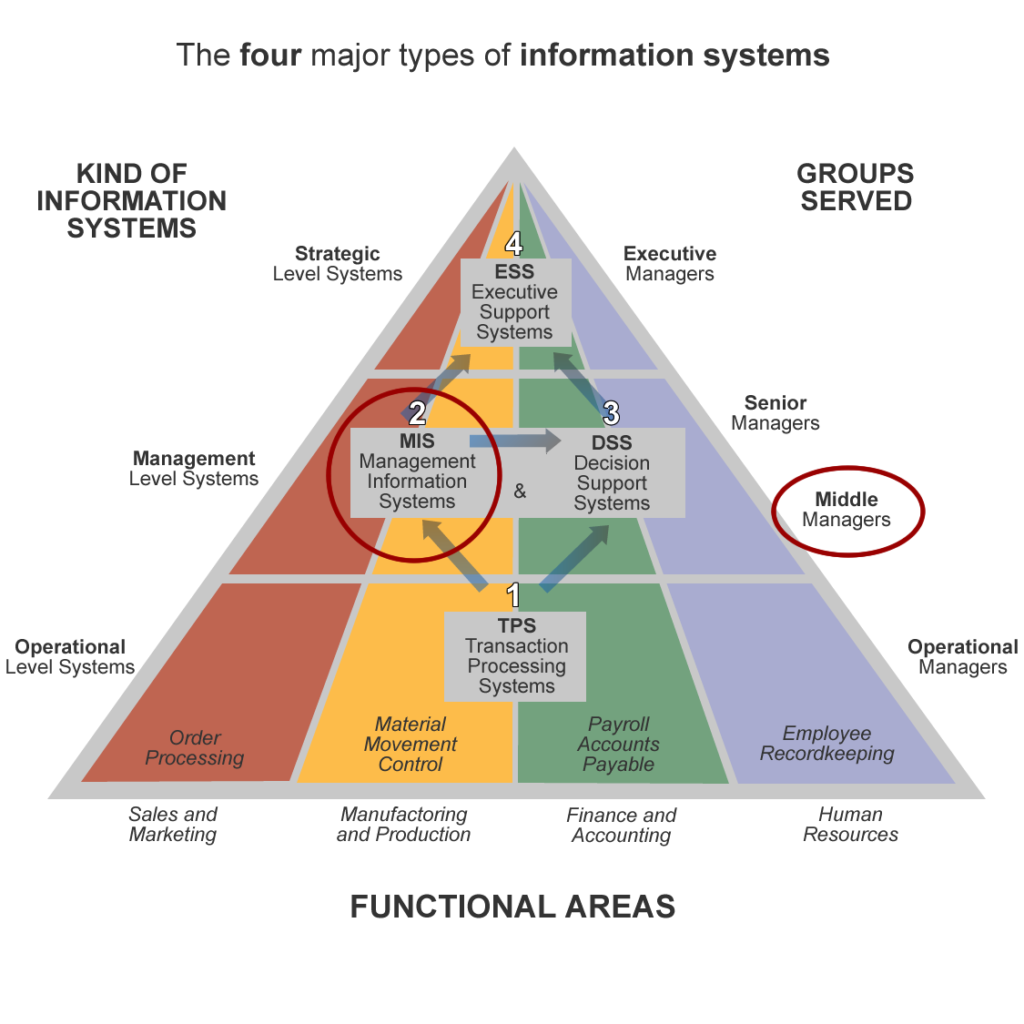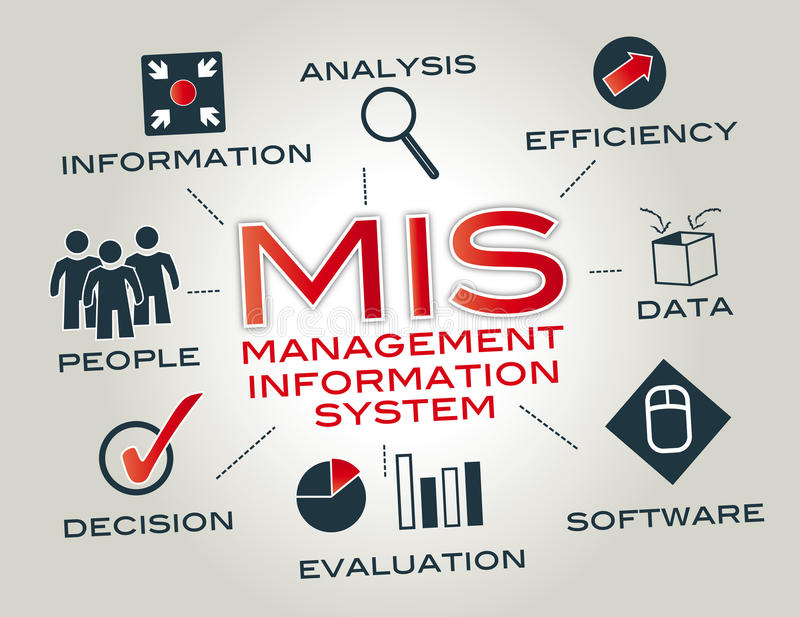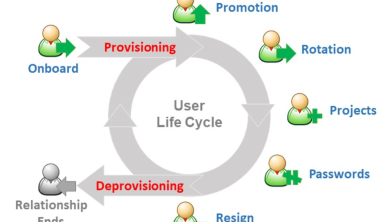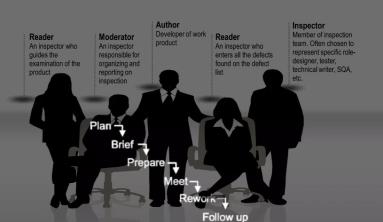MIS professionals make business better
Businesses use information systems at all levels of operation to collect, process, and store data. Management aggregates and disseminates this data in the form of information needed to carry out the daily operations of business. Everyone who works in business, from someone who pays the bills to the person who makes employment decisions, uses information systems. A car dealership could use a computer database to keep track of which products sell best. A retail store might use a computer-based information system to sell products over the Internet. In fact, many (if not most) businesses concentrate on the alignment of MIS with business goals to achieve competitive advantage over other businesses.

MIS professionals create information systems for data management (i.e., storing, searching, and analyzing data). In addition, they manage various information systems to meet the needs of managers, staff and customers. By working collaboratively with various members of their work group, as well as with their customers and clients, MIS professionals are able to play a key role in areas such as information security, integration, and exchange. As an MIS major, you will learn to design, implement, and use business information systems in innovative ways to increase the effectiveness and efficiency of your company.
More than coding
A common misconception is that MIS only concerns coding (or writing computer code). While coding concepts represent some of the fundamental principles of information systems development, implementation, and use, many jobs in MIS do not utilize coding at all. A large portion of the MIS degree focuses on data analysis, teamwork, leadership, project management, customer service, and underlying business theories. These aspects of the degree are what set the MIS professional apart from a computer science specialist.
- Do you enjoy working with people?
- Would you enjoy the chance to work on global problems with people from all over the world?
- Do you enjoy analyzing and solving problems?
- Do you want to create innovative, cutting-edge technology solutions?
- Do you want to learn how to make businesses more efficient, effective and competitive?
Then you should consider as your major the field that is experiencing a critical shortage of professionally trained individuals. A field where demand is skyrocketing with projected growth rates of 38 percent – the fastest of any business discipline (U.S. Bureau of Labor Statistics).
What kinds of people pursue MIS degrees?
The profiles of MIS professionals are varied, but in general, such individuals possess many of the following traits:
- good problem solving skills
- ability to effectively manage time and resources
- a clear vision of “the big picture” as well as the “small details”
- a desire to work closely with other people
- excellent communication skills
- ability to think strategically about technology
- a desire to take responsibility for developing and implementing their own ideas
Sub systems of Management Information Systems
Management Information Systems are integrated systems, so they’re large and complicated. To understand, there are divided Management Information Systems into 4 sub systems by purpose of use in each organization level. The organization levels comprises of operation, knowledge, management and strategy. Particularly, there are Management Information Systems support each level.
- Operational – Level Systems. In this level, there is transaction processing systems (TPS). They involve processing routine operation in organizations for decision support systems, management support system, knowledge work systems and office system. TPS are computerized systems that make performing tasks easier.
- Knowledge – Level Systems. These systems are used by knowledge workers such as scientists, engineers and clerks (they hold university degree). Following these samples knowledge work systems (KWS) and office systems. KWS tasks are creating properly new information and knowledge by process. Then, knowledge worker can use it. Office systems perform document and communication. KWS and office systems process data from TPS.
- Management – Level Systems. This level consists of management support systems (MSS) (many text book use MIS meaning MSS.) and decision support systems (DSS). These systems provide information for management functions like planning, controlling and decision making. MSS process data from TPS, then managers can use it. DSS help managers for making decision. They include models to evaluate situation and give possible choices. They process data from TPS and MSS.
- Strategic – Level Systems. Executives need internal and external data for planning strategy. So, executive information systems are created for them. ESS response executives’ queries. They process data from MSS and DSS.
Management Information Systems Advantages to an Organization
We can summarize Management Information Systems advantages of an organization following these.
- Users can quickly and timely access information since information is systematically stored by using computer systems and computer networks.
- MIS support executives making decision, setting and adjusting strategies and operational plans. They summarize and analyze information. So, executives can easily apply it.
- Good MIS will show how an operation accords to an organization goal. It’s adopted to monitor an operation.
- MIS reduce organizations’ cost because of time, labor and expenses reducing in long run.
WHAT ARE TYPICAL CAREER OPTIONS FOR MIS PROFESSIONALS?
- IT Consultant
- Web Developer
- Information Systems Manager
- Business Intelligence Analyst
- Network Administrator
- Business Application Developer
- Systems Analyst
- Technical Support Specialist
- Business Analyst
- Systems Developer
WHY SHOULD I CHOOSE TO MAJOR IN MIS?
- Job satisfaction
- High placement rate
- High salaries
- Exciting field
- Challenging field
- Hands-on problem solving
- Innovation and creativity
- Global opportunities
- Great chance for advancement
- You can have an impact!
WHAT IS AN AVERAGE SALARY FOR AN MIS PROFESSIONAL?
MIS majors have one of the highest starting salaries of all the undergraduate degree programs in Mays Business School. The average starting salaries of our MIS graduates in 2019 was $65,679.
Via mays.tamu.edu/





